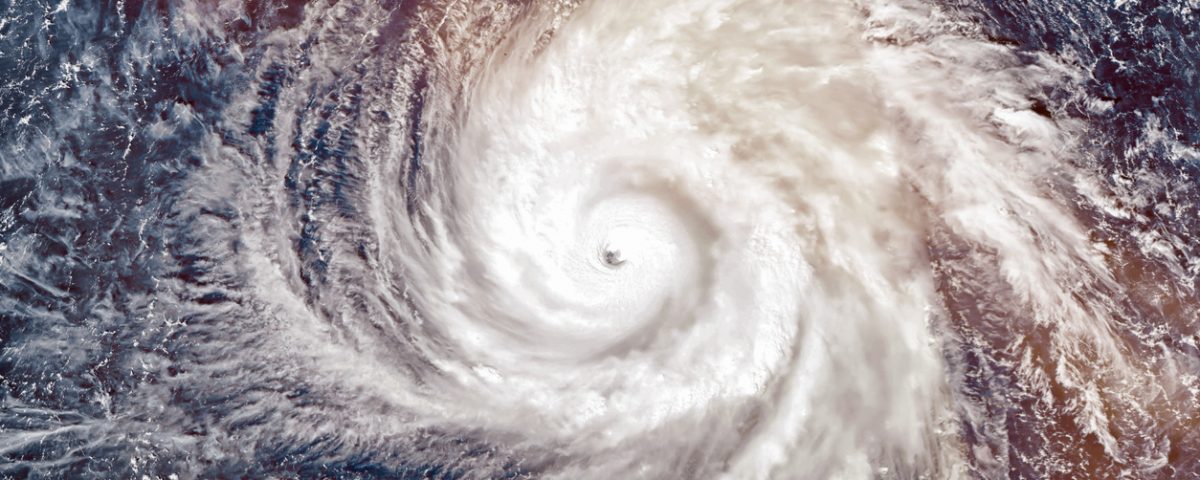
Steps to Take for Trade Show Freight Shipping
August 13, 2019
White Glove Service in Global Logistics
September 11, 2019How Hurricanes Affect Shipping and Logistics

While the hurricane season is from June to November, September is the month that sees the most hurricane action. Hurricanes impact the East and Southeast coasts of the United States. However, the impact on shipping and logistics is felt nationally and internationally.
Safety
First and foremost, with any natural disaster is the safety of everyone in its path.
Cruise lines cancel sailings, airports cancel flights, and these precautions are the primary reaction to bad weather. However, with canceling flights, it can take time to get back to normal schedules after the hurricane.
They take the same safety precautions in auto transport and trucking. Carriers need to decide how to proceed with the risky geographic regions during severe weather. They take the safety of the drivers along with the impact on the businesses into consideration.
Precautions for Hurricanes
Just as people prep their homes for hurricanes, shipping operations prep as well.
Land damage is always significant and visible, but off land effects are equally significant just not as visibly noticeable.
Shipping operators that are able to re-route ships from dangers will assess the situation and plan alternate routes. Port closures mean delays, more re-routing, losing time, and money. However, rerouting has a considerable financial impact on everyone involved.
Logistical Interruptions
The ocean freight industry is impacted immediately. However, as seen after previous hurricanes, intermodal shippers that have cargo on rail transportation run into huge delays. It impacts everyone shipping from small business owners to multi-billion companies like Amazon.
The Department of Transportation makes damage assessments as flooding recedes, ensuring the roads are clear of tree parts and rubble. However, even as driving conditions improve, drivers may need to take alternative routes in the days and weeks following a disaster. Which may mean delays in delivery times to take non-direct routes.
Additional Fees Can Accumulate
With delays both on the roads and in the sea, there is the possibility of extra fees in these types of emergency situations.
You may have to pay truckers drayage, storage fees, or fees for alternative plans. Fees can also be added as the cargo may need to move through alternative ports. Ports will have less cargo come through or finding that they have to store extra cargo. In cases like this, ports have chosen to waive or reduce delay charges. As they understand, it is out of everyone’s hands.
Some years after hurricanes, the freight rates have had to increase due to diesel fuel, and the cascade of costs ripple down to the shippers. This is not a definite increase for this year; it is too early in the season to be determined.
Planning
While LTL shippers are very focused on maintaining their schedule, in hurricanes it is not possible. Planning and working with an expert shipping and logistics company can help you be ready for the changes and plans. It is also important to work with a company like PPLUS Global that is in contact with our drivers and shippers and continuously monitoring the weather globally. They know where your cargo is at all times and keep clients updated every step of the way.
